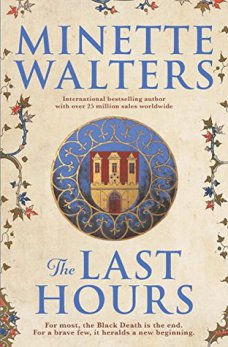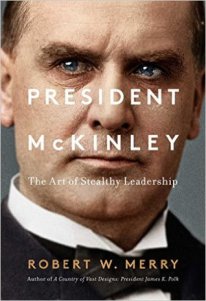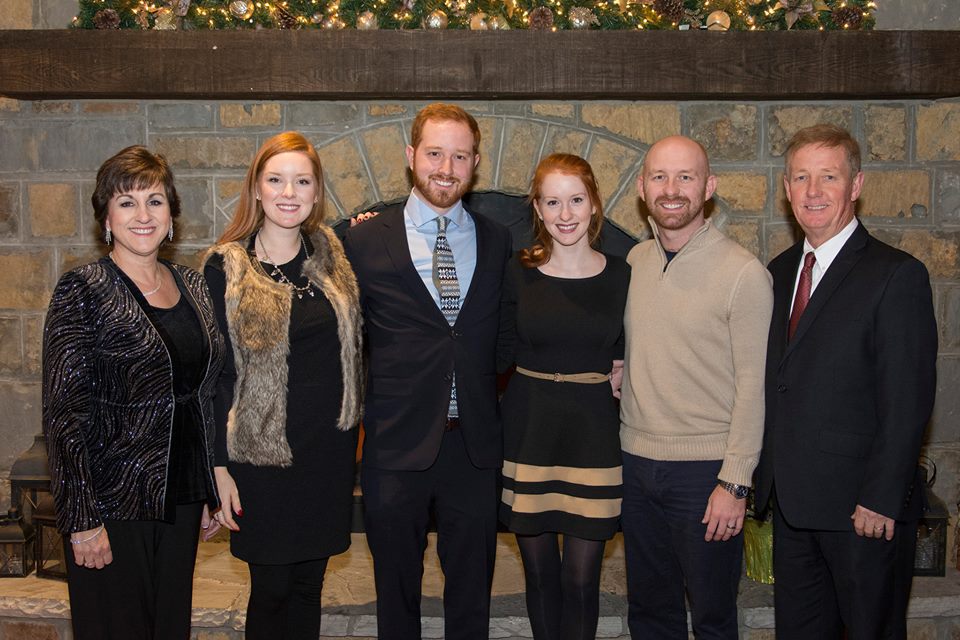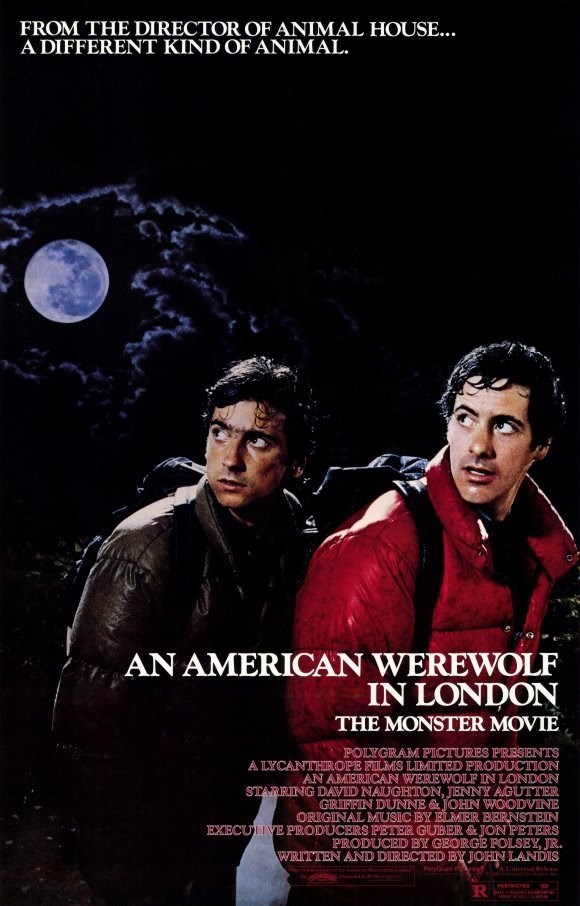 Minette Walters is a name I associate with crime fiction so it was primarily intrigue that prompted me to request a copy of ‘The Last Hours‘ from NetGalley.
Minette Walters is a name I associate with crime fiction so it was primarily intrigue that prompted me to request a copy of ‘The Last Hours‘ from NetGalley.
Set in June 1348, the Dorsetshire port of Melcombe is about to become infamous as the place where The Black Death enters England. Whilst the Church proclaims the sickness as a punishment from God, Lady Anne of Develish – a small demesne just outside Melcombe – has other other ideas. Determined to protect her household from the devastating plague, Anne gathers her serfs within the gates of Develish and refuses entry to outsiders, even extending her quarantine to her own husband. Thus begins a historical novel that has shades of dystopian fiction as Lady Anne and the denizens of Develish endure against the pandemic whilst the world around them – and the order that it sustains – is dying.
The premise is certainly interesting and I was immediately drawn into the world that Walters creates. Develish is a world in microcosm – a perfect miniature of the social hierarchy that propped up the feudal system with God and the Church at the top, Norman nobles on the next rung down and the Saxon serfs towards the bottom of the pack – sworn to service their whole lives long. At first Develish seems to obey this hierarchy – Sir Richard of Develish is boorish, ignorant and cruel-hearted, kind only to his spoilt and petty daughter Eleanor. With the arrival of the Black Death however, the normal social order is plunged into disarray. With Sir Richard away paying court to a neighbouring noble, his long-suffering wife Lady Anne swiftly takes action, using her reputation for compassion and intelligence to encourage her bondsmen and their families to isolate themselves from the sickness before it can enter Develish’s walls. Thus begins a narrative that sees serfs working alongside stewards in a desperate attempt to survive the plague that has fallen upon the land – a plague that has the potential to forever alter the dynamic between bondman and master.
Walters has clearly put a lot of research into this novel. For the majority of the time, it is worn lightly although there is the occasional info dump or character playing exposition monkey. For the most part however, I felt that the world was well-realised and well-drawn and that the book was at its best when it was looking at the changes wrought on the established social order by the drastic situation – each of the characters reacts differently with some (such as the feisty Lady Anne) rising to the challenge whilst others (the deluded Eleanor) refuse to accept that their place in the world has changed.
This strength does highlight the novel’s weakness however. The characters, for me anyway, felt thinly drawn – almost caricatures at times. Sir Richard, for example, is a pantomime villain – boorish, fat, lazy and stupid – and its therefore no surprise when his various wicked actions come to light throughout the course of the book. On the other side of the coin, Lady Anne and her ‘steward’, the bondsmen Thaddeus, are intelligent, courageous and compassionate in their pursuit of the wider interests of the people of Develish and their decisions and actions are always vindicated. Whilst this didn’t prevent me finishing the book – I raced through it in a couple of days – the one-dimensional caricatures and lack of character development did grate.
My other niggle was with the ending – or should I say, the lack of an ending. It became apparent that the book was drawing to a close with an increasingly small number of pages in which to wrap up the various plot strands introduced. This, I eventually realised, is because there will be a sequel (due Autumn 2018). Now I have nothing against sequels but I do think that each book in a series should stand on its own. Reading Hilary Mantel’s ‘Bring Up The Bodies’, for example, is infinitely enhanced by having read ‘Wolf Hall’ but it can be read as an independent book in its own right. ‘The Last Hours’ however felt, to me at least, like reading half a book – a great premise is established, characters are introduced, relationships are established and all is going well. And then it ends. Just. Like. That. Plot threads are left hanging, relationships unresolved and there are hints towards the end of the novel of many events still to come. Which would have been fine if this had been marketed as Part One of a series or duology but, as far as I can tell, this isn’t made clear in the blurb or marketing so it came as a disappointment.
This makes it sound like I didn’t enjoy ‘The Last Hours’ – which is a shame because there’s a lot to recommend it. Walters can clearly turn her hand to historical fiction and has created a page-turning novel set during a fascinating period of English history that saw huge societal change. I’ll probably even read the next book in the series because I do want to know what happens to the people of Develish – it’s just more likely to be a library loan than a purchase if I’m being completely honest. If you like your historical fiction, this is definitely worth giving a read – and the page-turning nature of the story makes it a good introduction to the genre for fans of Walter’s fast-paced crime and thriller titles as well. Overall this was a solid 2.5/5 read for me – I enjoyed it while it lasted but I don’t think I’ll be reading it again.
‘The Last Hours‘ by Minette Walters, published by Allen & Unwin, is available now as a hardback and ebook from all good booksellers. My thanks go to the publisher and Netgalley for providing an e-proof in return for an honest and unbiased review.
Advertisements Share this:




